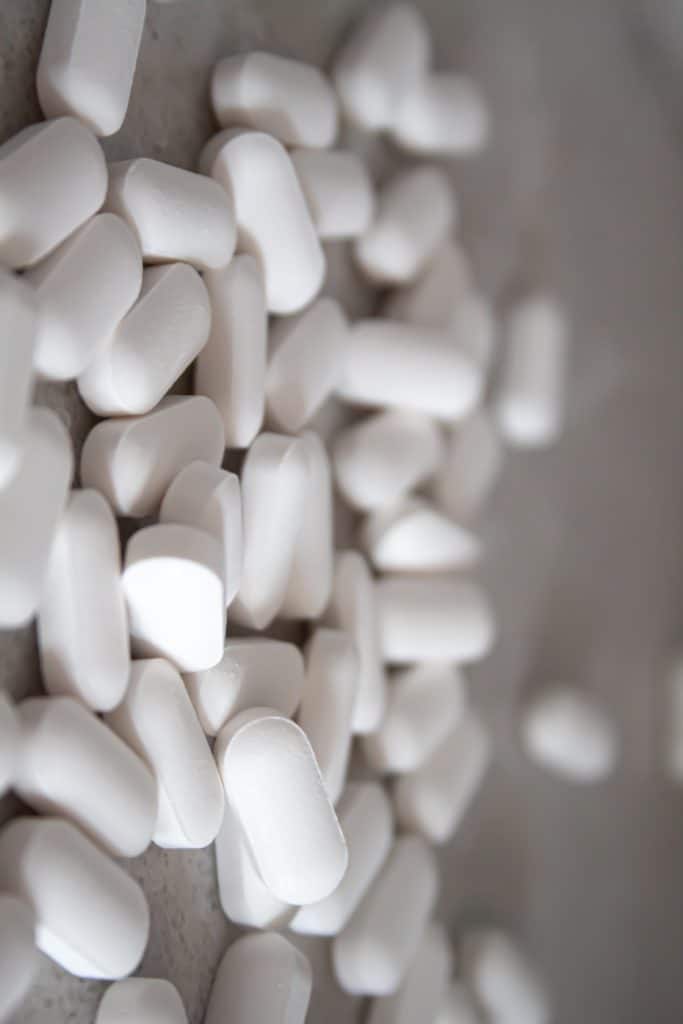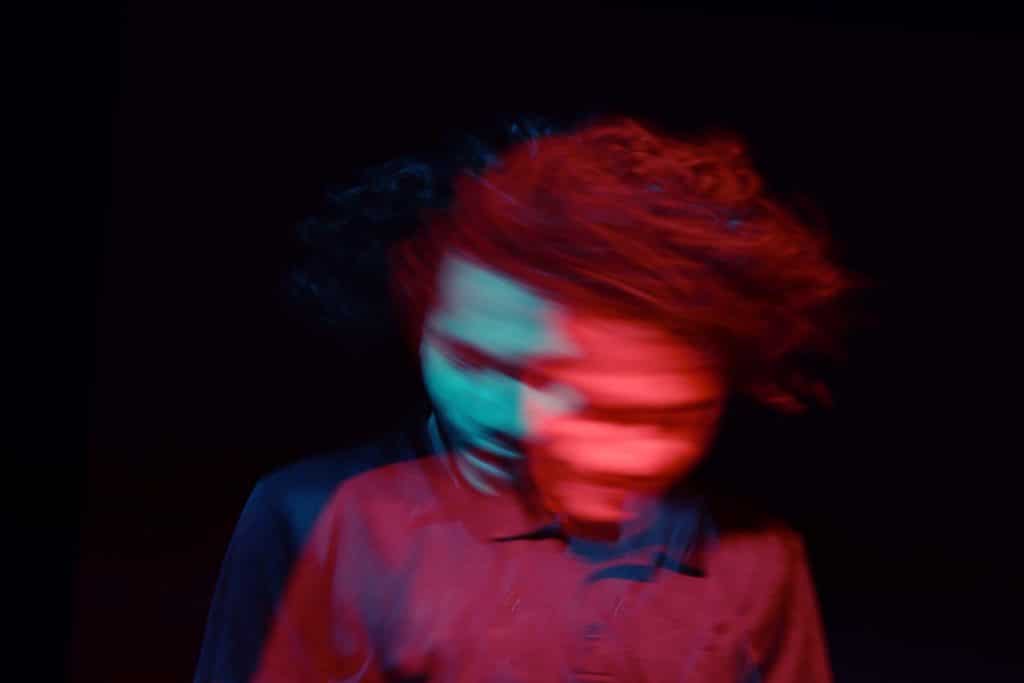What Is Risperidone?
Risperidone is used to treat the symptoms of schizophrenia (a mental illness that causes disturbed or unusual thinking, loss of interest in life, and strong or inappropriate emotions) in adults and teenagers 13 years of age and older.
It is also used to treat episodes of mania (frenzied, abnormally excited, or irritated mood) or mixed episodes (symptoms of mania and depression that happen together) in adults and in teenagers and children 10 years of age and older with bipolar disorder (manic depressive disorder; a disease that causes episodes of depression, episodes of mania, and other abnormal moods). When someone uses this medication for a period of time, they may become dependent upon the drug, which can then trigger Risperidone withdrawal symptoms if they suddenly stop using it.
Risperidone is also used to treat behavior problems such as aggression, self-injury, and sudden mood changes in teenagers and children 5 to 16 years of age who have autism (a condition that causes repetitive behavior, difficulty interacting with others, and problems with communication). Risperidone is in a class of medications called atypical antipsychotics. It works by changing the activity of certain natural substances in the brain.

Risperidone Side Effects
Risperidone may cause side effects. Tell your doctor if any of these symptoms are severe or do not go away:
- Nausea
- Vomiting
- Diarrhea
- Constipation
- Heartburn
- Dry mouth
- Increased saliva
- Increased appetite
- Weight gain
- Stomach pain
- Anxiety
- Agitation
- Restlessness
- Dreaming more than usual
- Difficulty falling asleep or staying asleep
- Breast enlargement or discharge
- Late or missed menstrual periods
- Decreased sexual ability
- Vision problems
- Muscle or joint pain
- Dry or discolored skin
- Difficulty urinating
- Dizziness, feeling unsteady, or having trouble keeping your balance
Risperidone Serious Side Effects
- Fever
- Muscle stiffness
- Falling
- Confusion
- Fast or irregular pulse
- Sweating
- Unusual movements of your face or body that you cannot control
- Faintness
- Seizures
- Slow movements or shuffling walk
- Rash
- Hives
- Itching
- Difficulty breathing or swallowing
- Painful erection of the penis that lasts for hours
Risperidone may cause children to gain more weight than expected and for boys and male teenagers to have an increase in the size of their breasts. Talk to your doctor about the risks of giving this medication to your child. Risperidone may cause other side effects. Call your doctor if you have any unusual problems while taking this medication.
Risperidone Withdrawal
Although you may have heard the term “withdrawal,” the term “antipsychotic discontinuation syndrome” may be new to you. Antipsychotic discontinuation syndrome is a name for the collection of symptoms that may occur when someone suddenly stops an antipsychotic or drastically lowers their dose.
A person may stop taking their antipsychotic medication for various reasons, such as because the medication is (or is perceived to be) not effectively treating symptoms because it is causing unbearable side effects, or because the person does not think they should be taking the medication or do not agree with how they were instructed to take it.
Symptoms that may be experienced during Risperidone Withdrawal include:
- Runny nose
- Problems with muscle movement including involuntary muscle contractions, inability to stay still, and/or uncontrollable movements
- Vomiting, nausea, and/or diarrhea
- Difficulty sleeping, restlessness, anxiety, and/or agitation
- Dizziness
Risperidone Withdrawal symptoms generally appear within the first few days after you stop the use or significantly reduce use. The symptoms tend to be the most severe around the one-week mark and subside after that. The limited research that does exist suggests that up to 40% of the people who stop taking Risperidone, including first- and second-generation, may experience antipsychotic discontinuation syndrome.
Discontinuation of clozapine, an atypical antipsychotic, has been shown to have more severe symptoms, including rebound psychosis, than discontinuation of other types of antipsychotics. Clozapine discontinuation is also associated with more rapid onset of symptoms.
Risperidone is sometimes prescribed with other types of medication, such as antidepressants. Suddenly stopping or significantly decreasing an antidepressant can cause an antidepressant discontinuation syndrome. Therefore, if an individual suddenly stops both an antidepressant and an antipsychotic medication, they may experience additional symptoms to Risperidone withdrawal symptoms or more severe ones. Antidepressant discontinuation syndrome symptoms may include:

- Dysphoria
- Gastrointestinal issues
- Sensory disruptions
- Dizziness and/or trouble with balance
- Fatigue
- Anxiety and/or hyperarousal
- Trouble sleeping
- Headache
- Flu-like symptoms
When people who are prescribed antipsychotics for psychotic disorders stop taking them, some relapse, meaning that their psychosis returns. However, some patients are able to sustain a psychosis-free existence after the cessation of antipsychotics. Several studies show that only 25%–55% of patients with schizophrenia who stopped taking antipsychotic medication experienced the relapse of symptoms in the first 6 to 10 months after they stopped taking them.
Risperidone Withdrawal & Detox
You may wonder if you should stop taking Risperidone. Beginning and discontinuing the use of antipsychotics is a quandary faced by doctors treating patients with psychosis. Research has yet to determine the best practices for the management of schizophrenia over the long term.
You should never stop or change how you take your medication on your own. Talk to your medical provider prior to any medication changes or cessation of use. If it’s an emergency, such as if you are having severe side effects, call 911. Medical professionals can monitor your symptoms as well as provide guidance on safely titrating your dose. Research indicates that gradually lowering the dose of antipsychotics can decrease antipsychotic discontinuation syndrome symptom severity.
When stopping or switching antipsychotics, medical providers may prescribe additional medication to help prevent or lessen the symptoms of Risperidone Withdrawal. Keep in mind that there is no “one-size-fits-all” when it comes to safely and effectively stopping or switching antipsychotics.

Symptoms that were being treated with the antipsychotic, such as psychosis, depression, and agitation, can re-emerge after you stop taking the antipsychotic medication. Discuss any symptoms that develop with your healthcare provider. Short-term risks of stopping this medication include Risperidone Withdrawal and the return of symptoms that were being treated. Long-term risks can also include the return of symptoms.
Treatment Options for Risperidone Withdrawal
If you are using an antipsychotic as prescribed by a medical professional but would like to stop it or switch to something else, talk with your healthcare provider. If you struggle with misusing antipsychotics, you may need substance use disorder treatment. Options for treatment providers include general mental health care providers and providers that specialize in substance use disorders specifically. Treatment may be offered in an inpatient and/or outpatient setting.
If you suffer from a mental illness and also struggle with misusing antipsychotic medication, you may want to consider a treatment setting that specializes in integrated care for co-occurring disorders. Co-occurring disorders are when a person has both a substance use disorder and a mental health disorder. For individuals with co-occurring disorders, an integrated treatment that addresses all psychiatric disorders provides better results.
Severe depression, bipolar disorder, and schizophrenia can have severe symptoms. Those symptoms combined with Risperidone withdrawal symptoms can be especially challenging. Staff in facilities offering integrated treatment should have specialized training in treating mental health and substance use disorders and the symptoms that accompany both. If you have been misusing antipsychotics and are addicted to other substances, substance use disorder treatment is especially important.
Reclaim Your Life From Risperidone Withdrawal
Risperidone addiction is a condition that can cause major health, social and economic problems that should not be taken lightly. We Level Up California can provide you, or someone you love, the tools to recover from addiction with professional and safe detox, that will help you ease symptoms from Risperidone withdrawal. Feel free to call us to speak with one of our counselors. We can inform you about this condition by giving you relevant information. Our specialists know what you are going through. Please know that each call is private and confidential.
Sources
[1] U.S. National Library of Medicine. (2017). Quetiapine misuse and abuse: Is it an atypical paradigm of drug-seeking behavior?
[2] National Institute of Mental Health. (2016). Mental health medications.
[3] U.S. National Library of Medicine. (2018). Quetiapine.
[4] U.S. National Library of Medicine. (2013). Combined treatment with atypical antipsychotics and antidepressants in treatment-resistant depression: preclinical and clinical efficacy.
[5] U.S. National Library of Medicine. Should psychiatrists use atypical antipsychotics to treat nonpsychotic anxiety?
[6] U.S. National Library of Medicine. (2016). Dopamine targeting drugs for the treatment of schizophrenia: Past, present, and future.